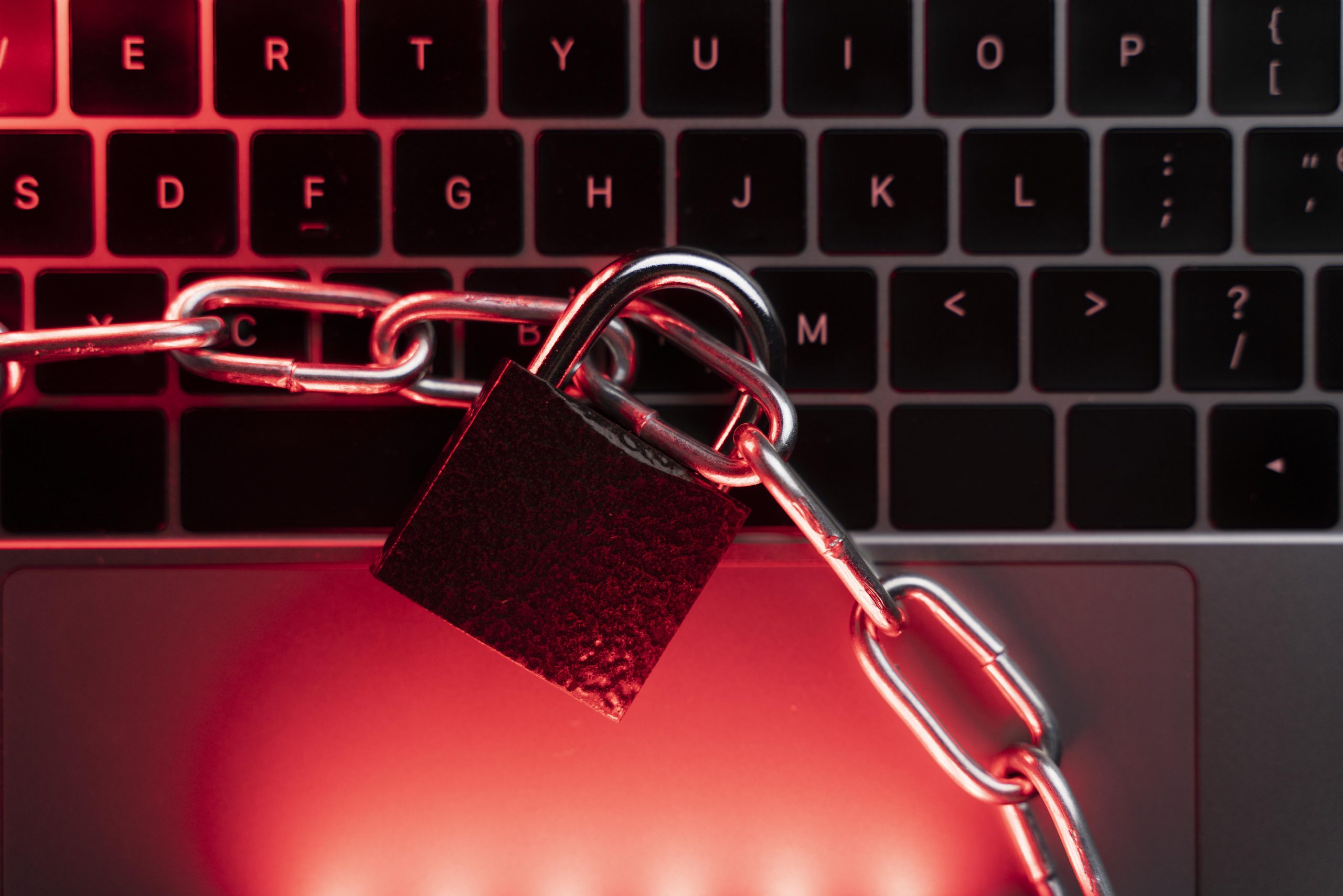Privacy vs Security: Where to draw the line?
By Zi Yuan Wong

Individual privacy is considered one of the cornerstones of a functioning democracy, where people have the right to live their lives without being watched. I can guess that this is something many can agree on since every one of us deserves space to do our own thing without having to constantly look over our shoulder. On the other hand, we also want to live a life where we are safe and protected from harm. To ensure everyone is safe from harm, governments must make sure people stay out of trouble and to accomplish that, they must keep tabs on what others are doing, leading to a situation where an individual’s right to privacy might be compromised in the name of safety and security.
This debate is more prominent than ever during the digital age, where governments are conducting mass surveillance in the name of “national security”. This is made worse with personal data being uploaded and shared online, and people start to worry that their data might be leaked and used without their permission. Both large governments and tech giants, who are tasked with handling significant amounts of user data in their systems, have the responsibility of ensuring the safety of this data while avoiding violating individuals right to privacy.
Privacy vs Security Today
While the debate between individual privacy and national security has been raging since the novel 1984 by George Orwell which introduced the concept of Big Brother who constantly watches its citizens, this discussion again flared up when NSA whistleblower Edward Snowden released classified documents in 2013, detailing that the US government has been conducting mass surveillance on a global scale for many years. To say that the discovery made many people furious is an understatement and remains a sore topic among the public.
Another government accused of spying on its citizens is China, where there have been news reports of the Chinese Government conducting mass surveillance on their citizens and keeping track of their actions through a system of surveillance cameras and internet traffic. Like the US government, the Chinese government also justified the mass surveillance of citizens in the name of national security and ensuring the safety of the population.
Arguments for Security & Privacy
There have been arguments in favor of either security or privacy with both camps arguing that one should be prioritized ahead of the other.
Arguments in favor of privacy indicate that the government has overstepped their bounds by spying on their citizens since personal privacy is a right protected by law. In addition, government agencies like the TSA, are also accused of implementing tightened security measures to avoid transparency, where these “security theaters” infringe on the privacy of citizens without improving national security whatsoever. Thus, with privacy being a protected basic right and reports of additional security measures having no effect, there is an argument that individual privacy should be prioritized more than overall security.
Security proponents, however, argue that some circumstances warrant tightened security at the expense of personal privacy in the name of citizen welfare. Circumstances like wartime and the pandemic mean that the safety of citizens should be prioritized to prevent further loss of life. Hence, security is deemed more important than individual privacy as they are done in the name of the “common good” of ensuring citizen welfare.
Conclusion
The debate between privacy and security has long been raging with no clear answer. On the one hand, citizens are guaranteed the basic right to individual privacy and should remain as such. On the other, to ensure the safety and well-being of a country’s citizens, tightened security should be prioritized at the expense of individual privacy. Everyone values their own privacy and Americans especially, with the revelation that their government has been spying on them for years. But they also value their personal security and the ability to live their lives free from dangers or worries. Hence, it is important to strike the right balance to both options, where security can be guaranteed without jeopardizing citizens’ right to live their own lives without being spied on.
